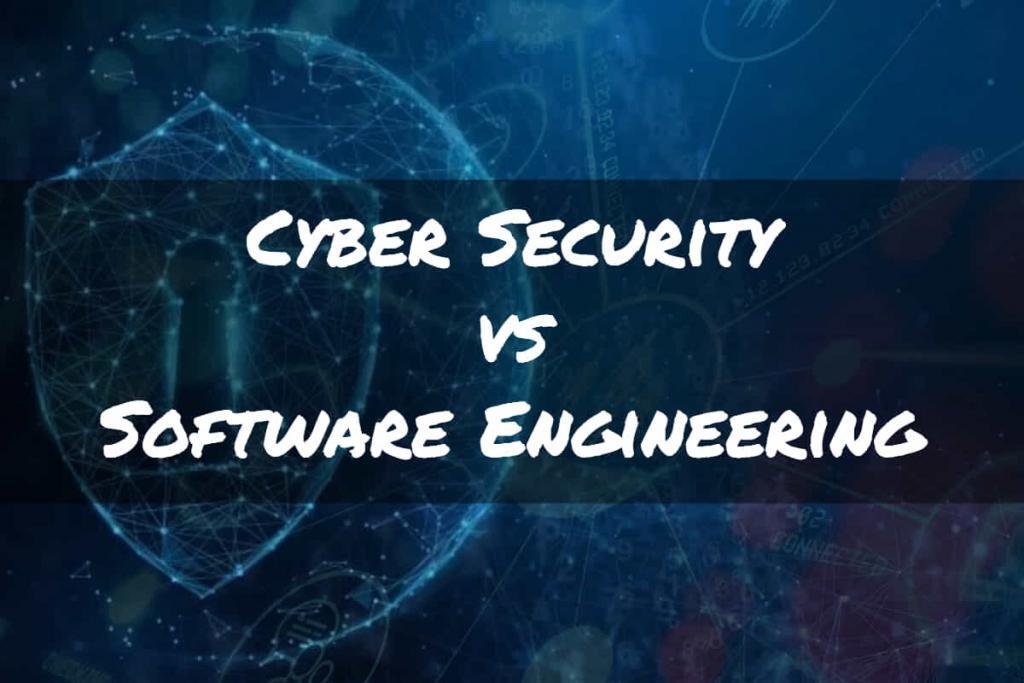Is a cyber security degree worth it?
If your goal is simply to learn about cyber security out of pure interest, then spending years getting another degree might not be necessary.
You already know cybersecurity is an explosive industry that’s only going to grow, and there’s a lot of people that want to get into this field.
But you’re probably asking yourself, “can I step into this field with or without a cybersecurity degree”?
And while you can succeed in cybersecurity without a degree, having one will always give you an edge. Let’s look at what you can expect from a cybersecurity degree and outline some potential paths!
There Are Multiple Types of Cyber Security Degrees
A cyber security degree teaches you how to protect networks and other information systems from attacks by malicious actors (aka hackers).
A generic cyber security degree will usually cover topics such as networking and infrastructure, cryptography, digital forensics, penetration testing, compliance, etc.
However, depending on the exact type of degree you decide to pursue, you’ll find courses more specifically tailored to your degree program.
Click here to view the types of cyber related degrees you can pursue.
What’s The Salary of a Person with a Cyber Security Degree?
The average salary varies depends on the type of job, the experience, and whether you have any certifications.
To give you a better idea, here’s a PayScale report of over 40 cyber security positions, their salary ranges, and the average salary as reported by 10k+ people.
To give you quick idea, an entry level cybersecurity analyst salary ranges between $55k – $115k USD.
I Already Have an IT Degree
There are many successful cybersecurity professionals who didn’t start out with a degree in information security.
And, if you already have an IT degree, then the answer to the question, “Is a cyber security degree worth it,” No! At that point, you’re better off getting a security certification.
If you’re completely new to IT, the CompTIA Network+ certification is a good starting point.
Read here to learn about the different types of cyber security certifications.
What a Cyber Security Degree Won’t Do
Attending school to pursue a degree is good so long as you understand what you will and won’t get out of it.
No Hands-On Experience. Unfortunately, many college students have the misconception that your bachelor’s degree in cybersecurity will teach you everything you need to know to become a master hacker. While you’ll have some cybersecurity lab work during your program, don’t be fooled into thinking that having a security degree will provide you the hands-on experience to be the sole hero of your company. There are a lot of personnel that go into creating a secure infrastructure, and you’ve got to learn how you fit into the organization.
No Job Guarantee. Certainly, a cyber security degree will give you an advantage over your competition in the job market; however, even though you’re more likely to get hired with a cybersecurity degree, it’s important to remember that having a degree is not a guarantee for a job. You can learn about security and get a job without one. However, you won’t be able to advance your career as quickly or as easily without one.
It’s Not the End. Companies require employees with knowledge of current threats and best practices for avoiding malicious attacks. A degree won’t keep you up to date with the latest cyber trends and technologies. As a cybersecurity practitioner, you’ll be expected to continuously keep current, even after receiving your degree, which means continuous training sessions and perhaps obtaining security certifications.
How Long Is a Cyber Security Degree?
An undergraduate cyber security degree will typically take 3-4 years to complete, while a master’s program can be completed in 1-2 years.
However, the true length of time it takes to complete a cyber security degree depends on:
- Which university you’re attending?
- What type of cyber security degree program you’re pursuing?
- If you’re opting for the traditional style of learning or an accelerated program?
- How many college credits you receive before starting your program?
How many courses you take per semester?
There are many factors that go into determining a graduation timeline.
To know more, read this in-depth article to understand how long a cyber security degree takes.
How Much Does a Cyber Security Degree Cost?
Tuition at universities ranges from $192 to $425 per credit hour bringing the average cost per tuition credit hour to $324.
Assuming that a bachelor’s degree consumes 120 credit hours, the total cost of tuition ranges from $23k to $51k, or an average of $38.8k (not including living expenses).
The cost of a four-year degree ranges from $25.5k to $46k with a similar average of $37.3k.
So, it’s safe to say you’ll find a cyber security degree for no more than $38k. At the end of the day, what you learn is more important than where it’s learned.
What Can I Do with a Cyber Security Degree?
There are many opportunities for cybersecurity professionals in both the private and public sectors. And, every year more jobs become available as the industry continues to grow.
The most common sectors include government, military, financial services, insurance, healthcare, manufacturing, education, and retail.
In each one of those sectors, there are multiple career paths for cyber security majors. Cyber security jobs range from ethical hacking to software development to network administration.
Read here to learn about the different types of cyber security job titles you can specialize in.



